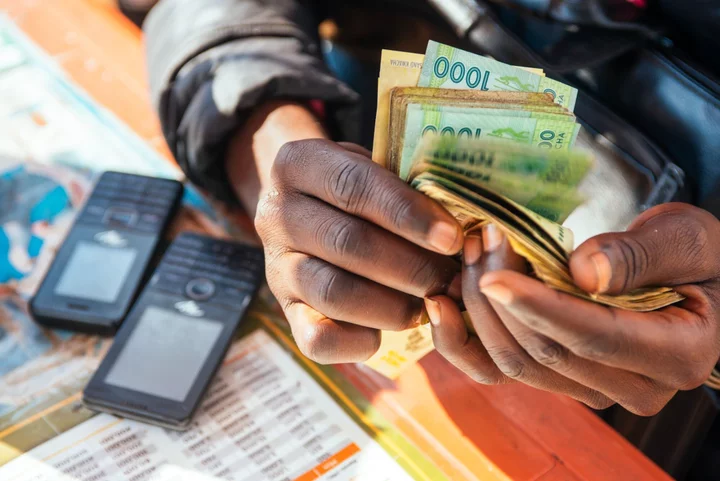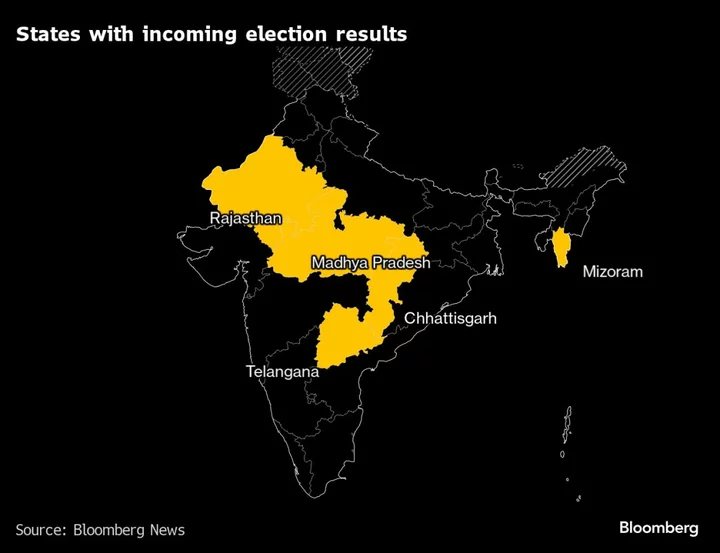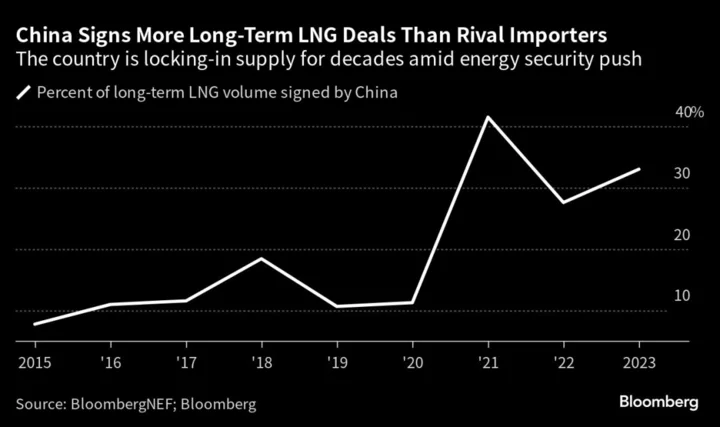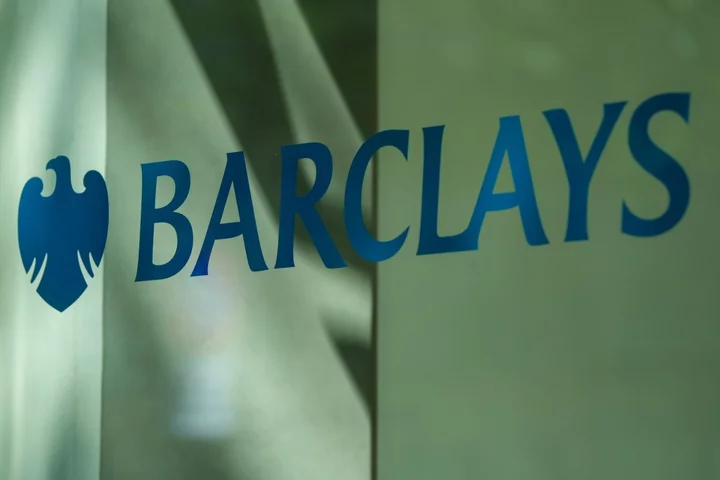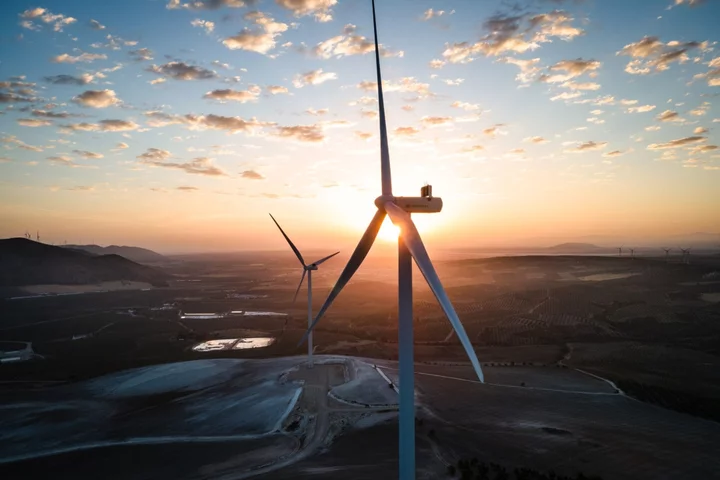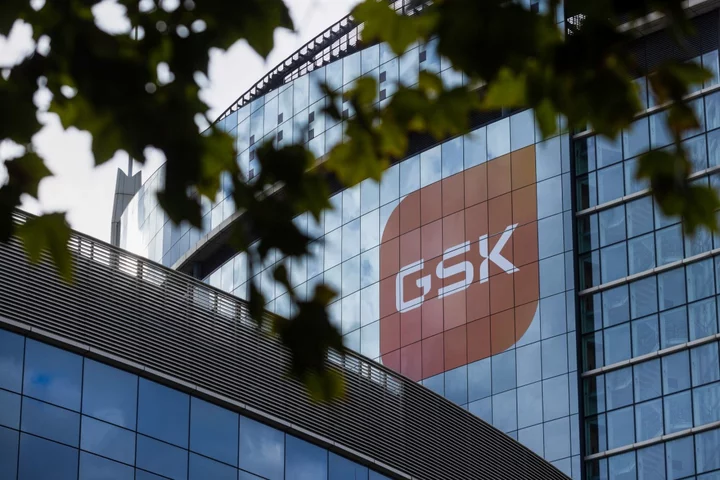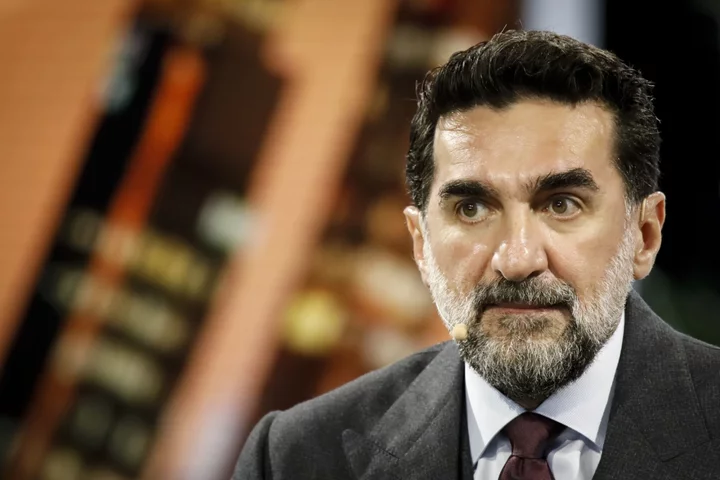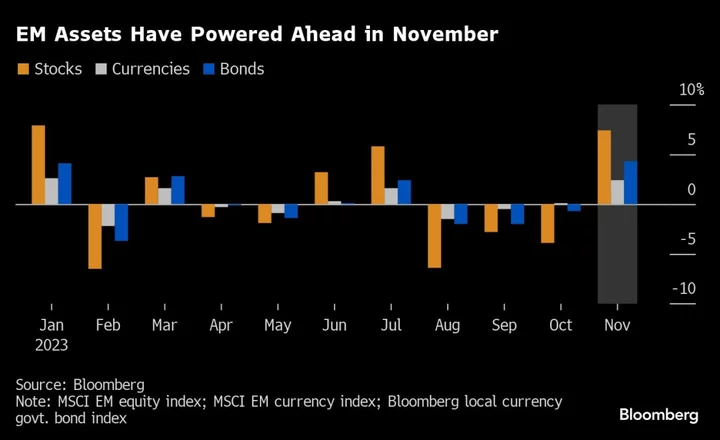Malawi devalued its currency by 44% amid a shortage of dollars that has curbed imports of fuel and other commodities in the debt-stricken southern African nation.
The kwacha will be offered at 1,700 per dollar at a currency auction on Thursday, compared with 1,180.29 previously, the Reserve Bank of Malawi said in a statement. The adjustment leaves the kwacha worth two-thirds less than it was at the start of the year, according to data compiled by Bloomberg.
Malawi, a net food and fuel importer, is struggling to recover from a series of shocks in recent years including the Covid-19 pandemic, the spike in global food prices, and a devastating cyclone in March that killed hundreds of people. The nation’s official foreign-exchange reserves have dwindled to 261 billion kwacha ($223 million) at the end of September — the equivalent of less than a month’s worth of imports, according to central bank data.
The scarcity of dollars in Malawi has forced people searching for foreign currency onto the streets, where the dollar changed hands at 1,950 per dollar on Thursday, according to money traders in Blantyre, the commercial capital. The shortage of dollars is similar to other African nations like Nigeria, where a wide gap has opened up between the official and parallel naira rates.
“The reality on the ground is that the variation between the parallel and the official exchange rate was too much, to the extent that it was in fact hurting the fragile economy,” Betchani Tchereni, an associate professor at the Malawi University of Business and Applied Sciences, said by text message. The devaluation was the fifth this year by the central bank, he said.
Malawi’s central bank has been conducting periodic sales to help determine a market exchange rate for the kwacha. The currency started the year at 1,025.50 per dollar.
The latest devaluation is aimed at correcting supply-demand imbalances and countering arbitrage opportunities that have arisen in the market, according to a statement signed by Governor Wilson Banda. “Spot checks on some market players indicate that the market is able to clear import bills” at the new rate, it said.
The International Monetary Fund’s executive board will meet next week to discuss a 48-month extended credit facility for Malawi that may unlock $174 million over four years. In 2022, the country became the first low-income nation to receive financing from the IMF under a new tool intended to help countries cope with the global food-price shock.

